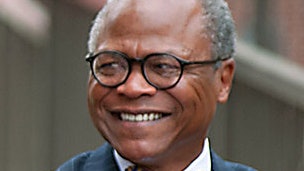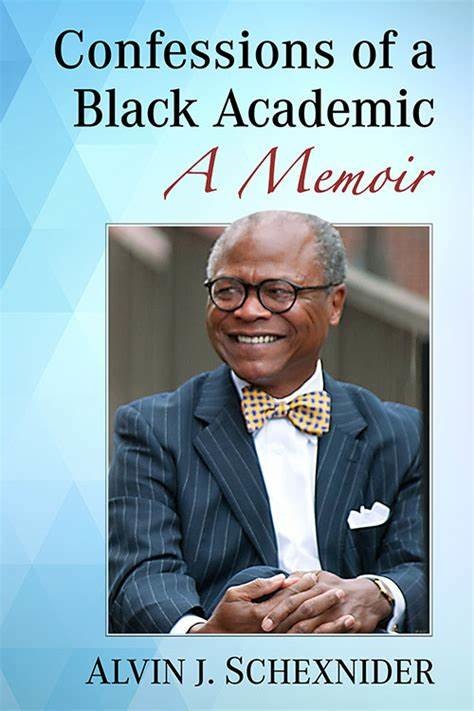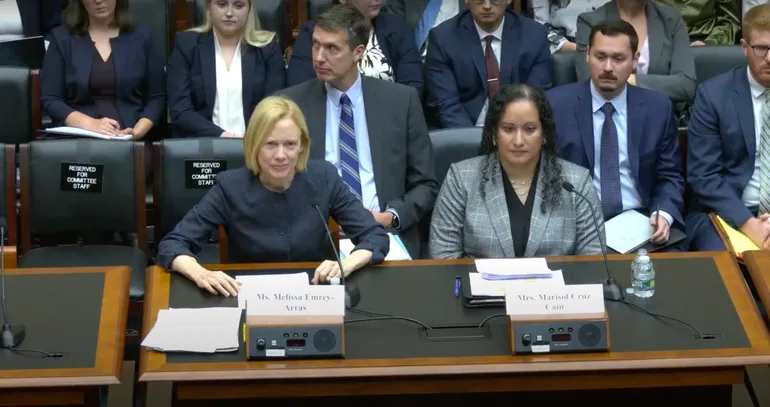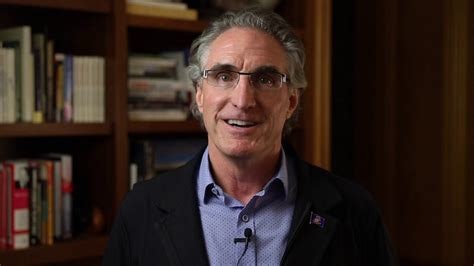At a time when higher education is facing enormous challenges, including attracting and retaining good leaders, Dr. Alvin J. Schexnider — a retired university president — has given us much to reflect upon in his newly published memoir titled, Confessions of a Black Academic (McFarland & Company, Inc.).
Schexnider — the former chancellor of Winston-Salem State University and the former executive vice president and interim president of Norfolk State University — draws upon his diverse experience as a faculty member and administrator at a number of colleges and universities, including Southern University, Syracuse University, Virginia Commonwealth University, the University of North Carolina at Greensboro, and Thomas Nelson Community College.
 Dr. Alvin J. Schexnider recently published a memoir titled, Confessions of a Black Academic (McFarland & Company, Inc.).
Dr. Alvin J. Schexnider recently published a memoir titled, Confessions of a Black Academic (McFarland & Company, Inc.).
“In an era when diversity and inclusion give the appearance of heralding a new millennium, America’s HBCUs have led by example since their inception,” writes Schexnider, adding that HBCUs are “iconic institutions with a vaunted legacy that is without comparison.”
With both personal and professional anecdotes, Schexnider details, for example, his upbringing in Lake Charles, Louisiana, where he was confronted with the “harsh realities of racism from the time I was born until I left for college.”
It was in Lake Charles — a racially segregated city — that young Alvin and his siblings were encouraged to aim for excellence.
“My childhood was fairly typical of a Black boy growing up in the segregated South in the 1950s and 1960s,” writes Schexnider. “My parents poured everything possible into their children.”
That love ultimately propelled Schexnider to enroll at Grambling State University — one of Louisiana’s public HBCUs. He went on to earn a Ph.D. in political science from Northwestern University in 1973. What followed was an impressive career in academe that took him to several institutions across the country as a professor and later as an administrator. Schexnider chronicles these career moves, including being appointed chancellor of Winston-Salem State University, an HBCU in North Carolina, in 1996. During his time at the helm, he and his leadership team improved the six-year graduation rate from 39.4% to 47.8% and doubled the school’s endowment, from $9.8 million to $18.8 million.
But despite the progress, “none of this satisfied the critics,” Schexnider lamented in the 183-page book.
“In fact, my major nemesis, whom I had fired for incompetence and who was the ringleader of the campaign to fire me, said in the news article that healing will begin immediately if the next chancellor shares Schexnider’s vision, but lacks his sometimes standoffish manner.”
Brutally honest and descriptive, Schexnider’s memoir is a reminder that university leadership is tough, particularly for a no-nonsense Black man who was committed to change. These are the kinds of lessons that younger leaders need to hear as they aspire for the presidency, without fully understanding the challenges and roadblocks that they’ll also need to navigate while leading the institution.
“In reading Schexnider’s book, one learns about the intricacies of higher education — the good, the bad, and the ugly,” wrote Dr. Marybeth Gasman in Forbes. Gasman, the Samuel DeWitt Proctor Endowed Chair in Education and a Distinguished Professor in the Graduate School of Education at Rutgers University, said that Schexnider’s commentary on race in the academy to be “most profound and revealing.”
Gasman is correct.
Confessions of a Black Academic is not only a compelling and insightful memoir but a must-read for anyone who is deeply concerned about the future of higher education, leadership, and the ongoing role of racism in our society at large.
#Future #Black #Leadership










